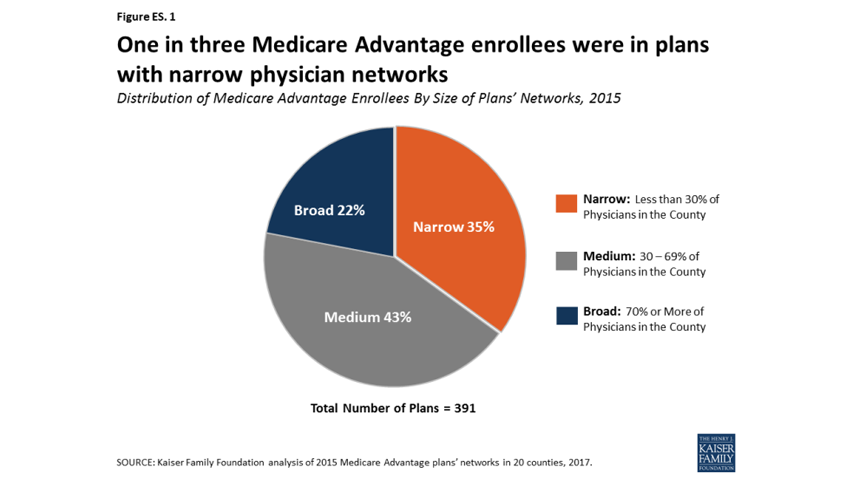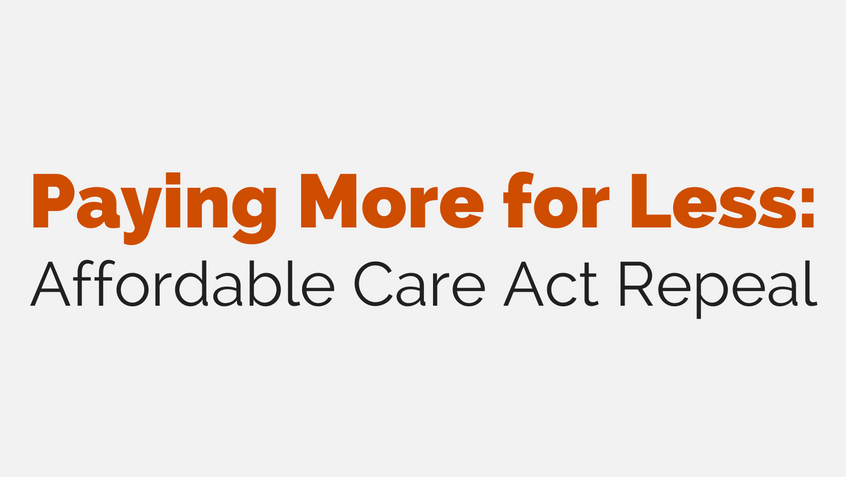
House Tax Plan Would Significantly Impact Older Adults and People with Disabilities
The House Republican tax plan is currently being debated by the Ways and Means Committee, and several of the provisions would have a devastating impact on older adults and people with disabilities. Most notably, the plan does away with the medical expense deduction, which allows people who spend more than 10% of their income on health care expenses to deduct the remainder of their medical expenses from their federally taxed income.
Medicare Rights, along with other organizations, sent a letter to congress urging them to protect this deduction. The letter highlights how this deduction helps people facing huge medical bills keep a bit more in their pockets–perhaps delaying enrolling in Medicaid, the state and federal program that covers healthcare and long-term care expenses for people with low incomes and limited assets.











